The Pros and Cons of Hiring a Freelance Blog Writer

Running a blog is a lot of work, a refrain that I seem to type every few posts. It's true, but there are a lot of ways to cut down on that amount of work. Experience is one of the biggest factors, but there's always the option of outsourcing.
When you're outsourcing content for a blog, you typically have three options. You can pay for a content marketing agency to handle it all for you. You can hire a full-time or part-time writer that will handle all of your content, or you can simply hire a freelancer to produce content for you.
Today, I want to dig deeper into this third option. What are the pros and cons of hiring a freelancer to write content for you? It can often be a great choice, but there are a few drawbacks that mean it's not the right option for everyone. Let's dig in!
Pro: Freelancers are Usually the Cheapest Option
The cost of freelancers, from top to bottom, can vary wildly. At the low end, you can get a 2,000-word long post for under $20. I can tell you one thing, though; that content is going to be generic as hell. It won't be any good for anything more than existing, and it certainly won't be optimized for your business. On the other hand, a 2,000-word piece of content from a high-end freelancer can cost you $500 or more. That content will be excellent but can put a strain on your budget if you need more than one or two articles per month.
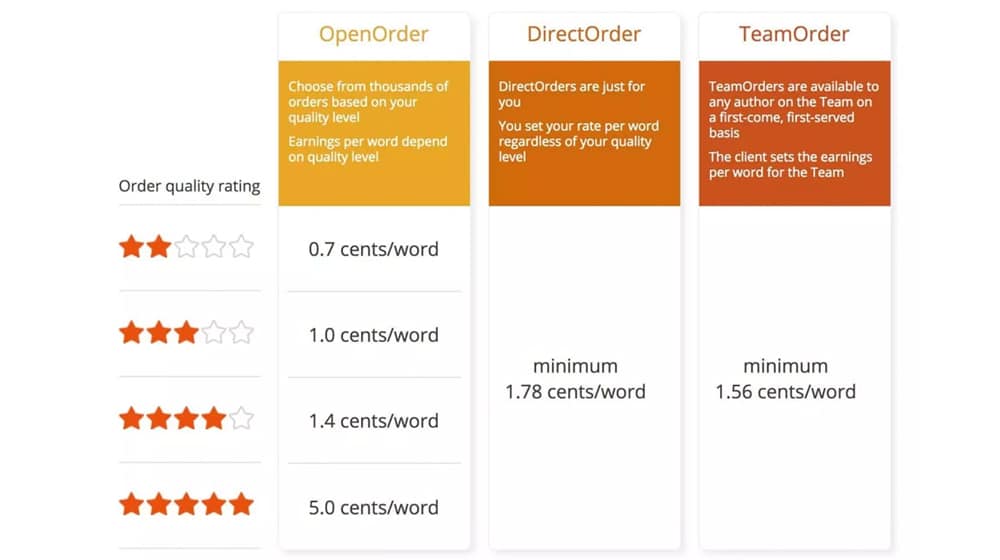
At the same time, though, finding a good upper-mid-range freelancer is going to be cheaper than spending the money to hire full-time employee as a writer, or hiring a content marketing firm to handle it for you. You just have to recognize that a lot of the things an employee or a firm would handle for you are things you need to do yourself when you're working with a freelancer just for content.
Con: Freelancers Use Odd Payment Methods
Are you set up to handle PayPal invoices? What about invoices sent to you as PDFs? What about payment through direct deposit, or a written and mailed check? What about payment through Venmo, WhatsApp, or Zelle? Not all freelancers are able to accept payment in the ways your company is set up to handle and track. Some of them have their own ways of doing things because those are methods that are comfortable for them. If you can't adapt to their needs, they may be less inclined to work with you.
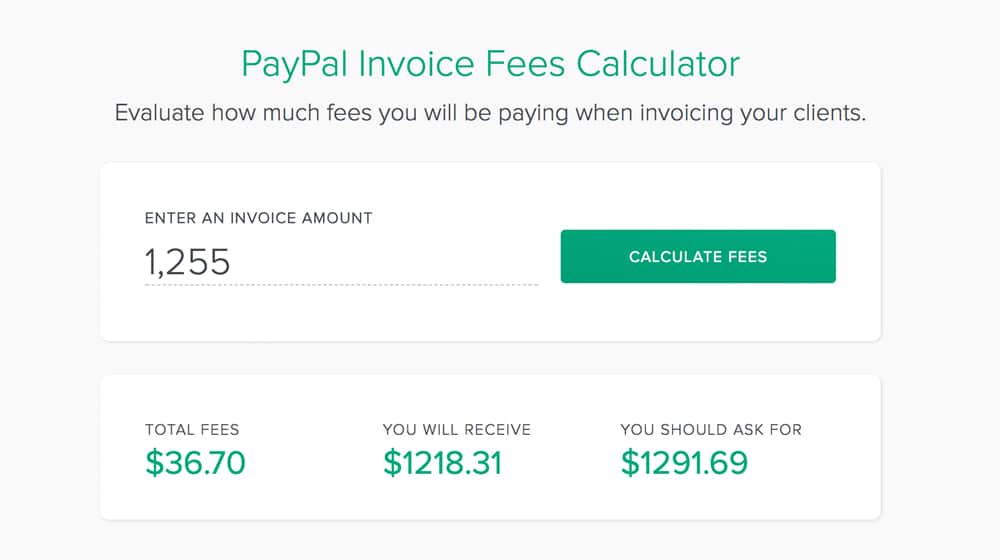
Keep in mind that what might be a convenient payment option for you could be horrible for a freelancer, if they have to eat a bunch of fees on their money. PayPal is notorious for this because they make it very difficult and unclear how to handle a freelance contract and payment without fees or with minimal fees. They take around 3% per transaction out of your writer's pocket.
Pro: Freelancers Can Be Very Loyal
The freelance lifestyle is one of risk and diversification. A freelancer has to rely on their ability to pick up work, complete it, and get paid for it. If a client shows signs of not being reliable for any of those factors, the freelancer is pretty likely to look elsewhere. They'll pick up other clients, and if you end up being the least reliable client, they'll drop you.
Conversely, if you're giving them reliable work every week, and you're paying them on time, they'll love you. Nothing is better for a freelancer than a reliable source of work. They'll probably prioritize your content and satisfaction, just to keep you around. Be good to them and they will reward you with high quality work.
Con: Freelance Contracts are Not Exclusive
Something I'll touch on a little later is the difference between a freelancer and an employee, and how your actions can encroach upon that relationship. At the core of it, though, is that you are not in a position to make demands of the freelancer. You can't levy penalties if they don't perform. The penalty is you don't pay them, and maybe a negative review on a content hub.
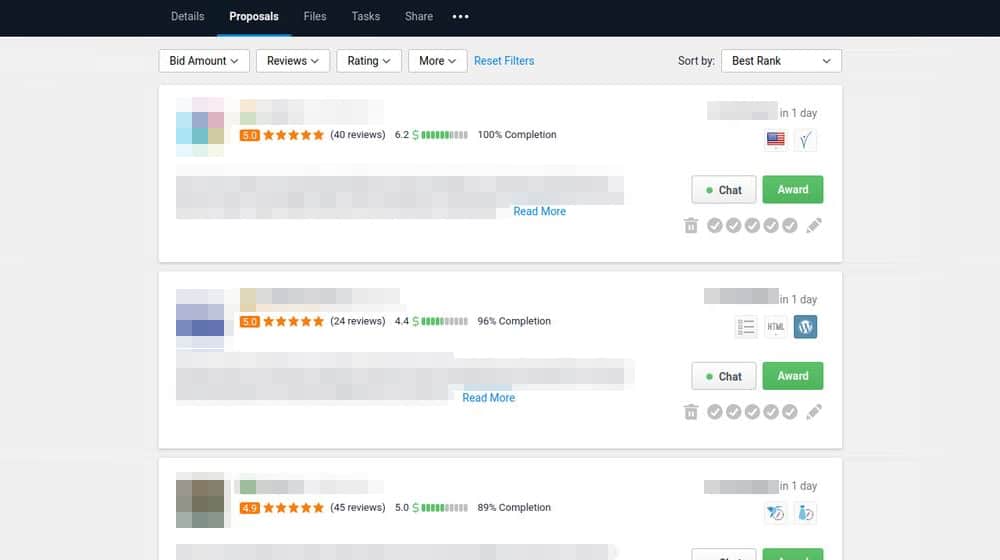
You can't demand that you're the only company or client the freelancer works for. They are free to pick up other clients and work for whoever they wish, up to and including your competitors. If other clients are giving them easier work or paying them better, or are even just lower maintenance than you, they could drop you with little or no notice. They owe you nothing, though if you've had a good relationship, they may strive to give you notice or help line up a replacement. They aren't required to, and many won't, even if they like you. It's not their job.
Pro: A Consistent Relationship Can Build Continuity
One of the biggest benefits of doing blogging work yourself or hiring an employee to do it is continuity. They know what has been written for your site before, they know the style you've developed, and they can put together content that fits, plays off of other content, and grows upon what you've already done.
I've mentioned before that one of the biggest drawbacks to content mills is that all of the content you get is going to be entry-level. The writers are writing in a vacuum; they don't know what you've already published, and they don't care.
By working with one freelancer or a couple of them consistently, you can develop a relationship and this sense of continuity. It might not be as good as if you had an in-house blogging team doing that work, but it's better than the next best thing.
Con: A Consistent Relationship Isn't Always Possible
Many freelancers are juggling a lot of different clients at any given time, often more than they can probably handle. They need to, in order to diversify their income streams and make sure they're making a living. Unfortunately, that means sometimes they have to turn down work. Again, because they're a freelancer and not an employee, you can't force them to do work for you. The worst you can do is threaten to not give them future work, and sometimes they'll be fine with making that choice.
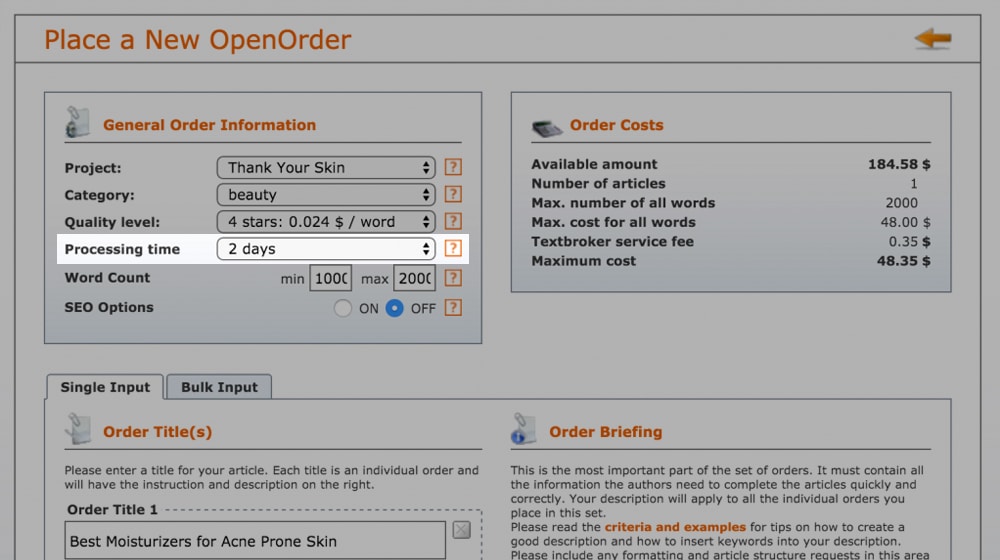
At the same time, life happens. With a blogging team or a marketing firm, there's redundancy. People can pick up the slack. With a single freelancer, you end up putting all of your eggs in one basket. If that freelancer gets sick, gets in a car accident, has a child that needs sudden medical treatment, or has anything else that suddenly occupies their lives, that's it. They can disappear and there's nothing you can do about it.
Pro: A Freelancer Can Have Deep Industry Experience
When you're operating at the Fiverr/Content Mill level, you'll find that your writers will write about any topic, with surface-level understanding. It's fine for basic guides and filler content, but that's not the kind of content you need to get ahead in your industry. You need deep, insightful, and content written from experience, which only high-quality freelancers are able to provide.
The good part is, those freelancers exist. They'll tend to have deep experience in their chosen industry, the one they like the most or the one that pays them the most, or the one they have experience with from other careers they've had. They know what they're doing, and they can convey that understanding through the content they produce for you. You might even be impressed by their insight and the unique value they give to your content.
Con: You May Need Multiple Expert Freelancers
Even within a single industry, topics can be broken down, and broken down again. Think about something like online advertising. You have PPC advertising, organic advertising, social media marketing, content marketing, and each of those can be broken down. PPC can focus on Facebook, on Google, on third-party ad networks, on self-serve advertising. Google ads content can be broken down into many different topics, such as guides on copywriting, targeting ads, mechanics of the algorithms and more.
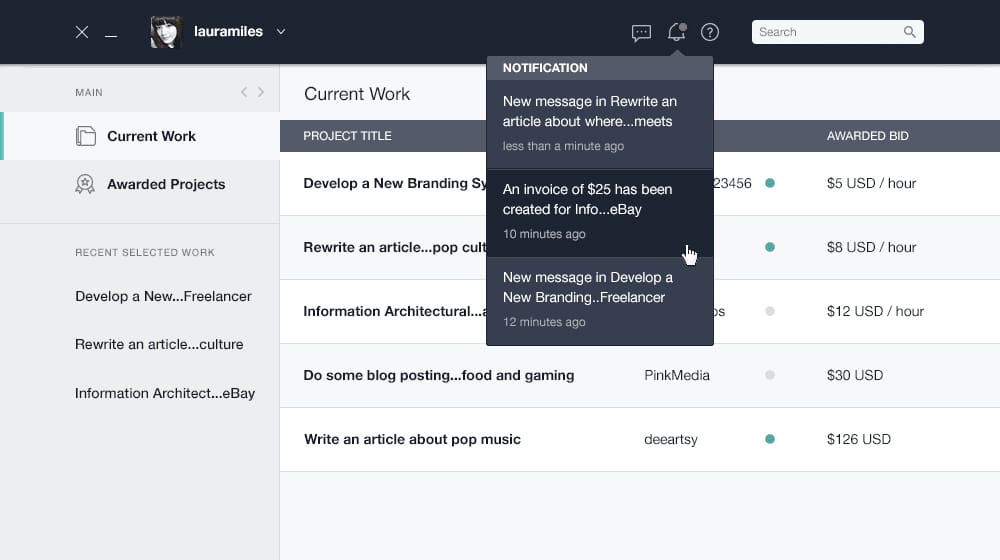
Every topic can be broken down, and a single freelancer is never going to have both deep and broad knowledge of every facet of your industry. If they did, they'd likely be running their own businesses instead.
You might need to hire a freelancer with PPC experience, and a different freelancer with social media experience, and another one with content marketing experience, and so on. They're all good at what they do, but what they do is relatively narrow compared to the scope of your business.
Pro: Freelancers Can Focus Solely on Content
If you have a space you want to paint a mural, you hire a mural artist, and you let them paint. You don't ask them to do the marketing for your mural, build the wall it will be painted on, or write a book about what it means. You hire them for their talent, and let them do their job.
It's the same with freelance writers. A freelance writer will write content for you, based on the information you give them, whether it's little more than keywords or entire outlines and briefs. They can do this because they leave the rest of the details, like actually managing a blog, or creating images to go with the content, to you. They aren't bogged down by the details.
Con: You Have to Handle the Rest
While that freelancer is handling the content, you have to handle the rest of your blog. The software updates, the SEO and metadata, the on-page optimization, that's all your responsibility.
There's also a tangible difference between writing and blogging. With writing, a freelancer gives you content and that's it. It's your content now, to do with as you will. What that often means is that things like future revisions and additions to the content are your responsibility. Blog comments are your responsibility. Marketing that content is your responsibility.
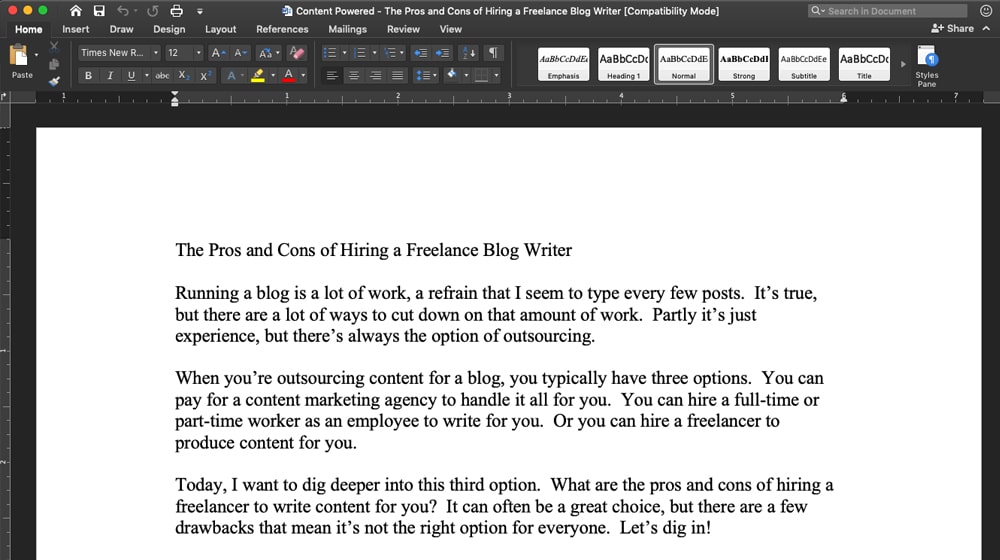
It's no wonder that a lot of people choose to hire a content marketing firm rather than a freelance writer. Where a writer handles the content, a marketing firm handles all of it, from writing to marketing and everything in between. It all comes down to the balance you want to strike between what you're paying to have done and what you're doing yourself.
Pro: You Can Let a Platform Handle the Details
If you're looking to hire a freelancer but don't want to handle all of the tricky paperwork, you can often get exactly what you want out of one of the content mills or freelance platforms out there. Sites like Writer Access, when they work, get you great freelancers and handle all of the details like payment, taxes, and deadlines themselves. All you need to do is provide the pitches for the content you want to be writen written, get the content back, and approve it as necessary.
Con: Platforms Take a Cut
The downside to this previous pro is that those platforms don't do it for free. You're often looking at 20-30% higher prices than the freelancers would charge themselves because the platform itself is adding their own cut on top of the services provided. They want to get paid for the work they're doing, after all, even if it's all work you could be doing on your own.
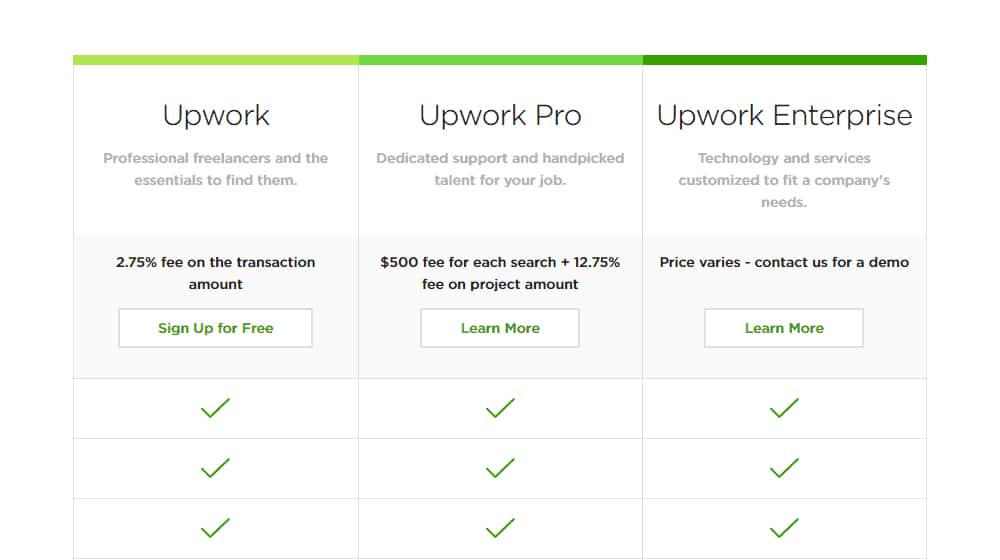
These content platforms, and especially the content mills, make it very hard to contact freelancers through your own channels. They're extremely paranoid about you poaching their talent, so they may do everything from anonymizing usernames to censoring your direct messages. It sounds a little dystopian, but it's what they need to do to survive.
Pro: Freelancers Don't Get Benefits
While this is a pro for you, it's a con for a freelancer. Freelancers need to handle their own taxes, buy their own healthcare, save for their own retirement, and generally handle all of the perks that come from being employed on their own. In practice, this means that a lot of freelancers simply don't have those things. Being a freelancer is difficult work, and it's both low paying and inconsistent compared to a lot of careers. There's no 401(k) matching, no company health insurance, and no paid vacations.
This is a benefit to you because, well, you don't have to be paying for any of this stuff. Plus, it means that if you're paying above-market rates – which are still lower than the cost of hiring an employee – the freelancer will be happier to stick around because it lets them afford those things more easily.
Con: Freelancers Don't Get Benefits
As you might expect, the lack of benefits means that freelancing tends to have a high level of turnover. Getting a freelancer to stick with you for a year can be a huge accomplishment. The stress of freelancing means a single illness, medical emergency, or even vacation can make the career no longer viable.

Many freelancers simply reach a point where they just can't keep doing it. That leaves you needing to find a replacement, often with short notice, and it takes time to train one up. Often, it's better to hire an employee and provide them with that support instead. Alternatively, you can build a benefits package for them.
Pro: Freelancers are Flexible
Freelancers tend to be very flexible to changing needs. Is your business growing such that you've decided you need a bit more writing each week or month? They can usually accommodate you. Does your workload come and go with the ebb and flow of business? Freelancers can adjust their other clients' expectations to better meet your needs, though it's equally possible that they will temper your expectations to better meet the needs of other clients. The flexibility is a huge perk for a freelancer, and it's one of the few things that makes a freelancing career viable.
Con: Freelancing May Be Regulated
The gig economy (spurred on by everything from Uber and Lyft to DoorDash and Shipt) has been increasingly abusive to their freelancers as the years have gone by. This abuse has led to the collapse of several industries and businesses, and it's led to thousands of freelancers burning out or putting themselves in untenable situations.

On the plus side, these sorts of situations are being regulated more and more as time goes on. But what does this have to do with freelance writing?
Just take a look at the California AB5 bill, which was aimed at regulating companies that rely on gig workers to do their jobs. Putting specific restrictions on a freelancer means they're really not a freelancer anymore, and if your business relies on them, you need to treat them as an employee. This legislation hits writers as well and has led to a huge shift in how freelance writers are treated in California.
As more and more states adopt similar initiatives – and those initiatives are challenged in courts – the freelance writing world is going to change. Whether that change is good or bad for you remains to be seen, but it's something you'll need to be aware of.










September 07, 2020
Hi James, what I'm hoping for is that I can hire a writer as a freelancer and eventually hire them full time. Is this a good strategy, or is there a good chance that they won't be interested in working solely with my business?
September 07, 2020
Hi Felipe! Well, there's a chance that would work. From what I've seen, most freelancers are reluctant to leave their life of freelancing for a full-time position because they like the flexibility that freelancing offers. They can work whatever hours they want, they don't have to ask to take days off, and they don't have to come to work at 8 AM every morning. Plus, they usually have a handful of different clients, so you'd be asking them to leave those clients, or work a full-time job while continuing to help those other clients, which could over-extend them.
It's tough, but not impossible. Some writers are only freelancers because they haven't found a high-paying full-time job, so if you extend a great offer to them they might take it in a heartbeat.
It couldn't hurt to ask 🙂
November 12, 2020
Thanks for taking the time to write this. I'm tired of content mills and hoping to find someone who writes more consistently good content. I'll have to train them how to create images and upload it to WordPress but that's part of it I guess.
November 16, 2020
Hi Hal! It sounds like you have the right idea. It's usually easier to train somebody else to edit, format, design, and upload your content than it is to train your writer, but it is possible to find or create a jack of all trades.
December 04, 2020
Hi James. My schedule right now is getting crazy and I wanted to hire a writer for my blog as I can't do it anymore. Do you have any idea where to get a good freelancer besides Upwork?
December 07, 2020
Hi Mary!
We wrote a post full of tips for people looking to hire a writer that you might find interesting:
https://www.contentpowered.com/blog/hiring-content-writer-blog/
I hope it helps you!
June 01, 2021
My problem is I haven't been able to find someone to write the way I want my articles to be written.
What do you do in these circumstances?
- William
June 04, 2021
Hi William!
A writer is able to get much closer to what you have in mind with a brief.
We provide our writers with complete outlines - the direction of the article, salient points to mention, articles that we want them to draw inspiration and citations from, and so on.
If all you give them is a topic, they're just going to wing it.
If you have a specific opinion that you want to get across or a direction that you want the article to take, it would help them a great deal if they understood that.
I know the entire point of outsourcing a blog article is so that you don't have to do it yourself, but you should still be providing this info to your writer.
The quality of your content will improve significantly!